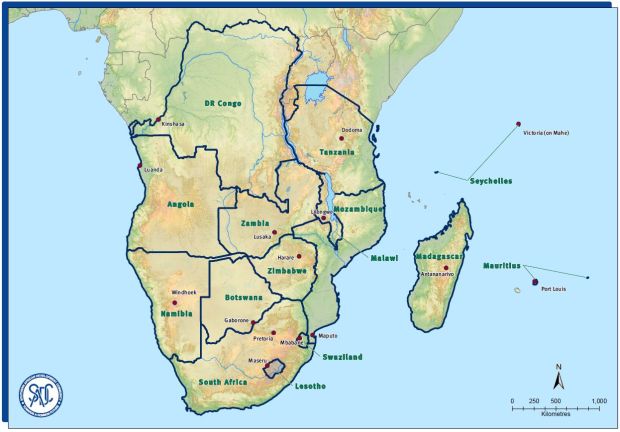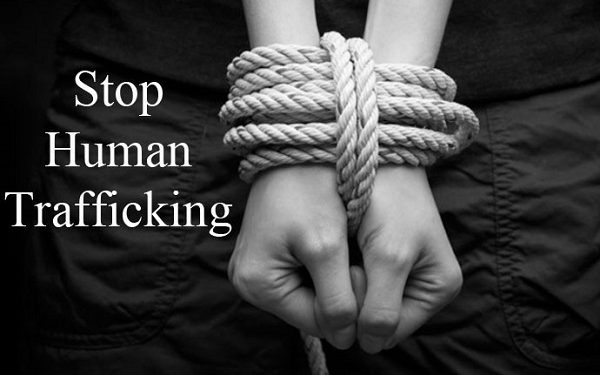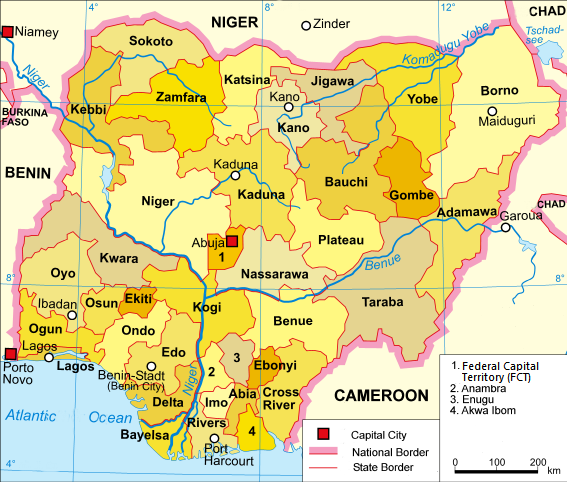Warning: the following article contains graphic details, the reader may find the article shocking.
The following article from Eric Naki, the Political Eitor of The Citizen, a South African online news magazine, contains several frank observations which are worth specifically mentioning here.
First, Naki, citing an expert on ritual murders, Dr Alunamutwe Rannditsheni, from Limpopo province, tells us that ritual murders are a worldwide phenomenon, occurring not only in Africa or Sub-Saharan Africa. I am very happy with this expert-observation even though it results in mixed feelings because of its sad contents. I have also mentioned it in my introduction to this website on ritual killing, witchcraft and superstition in African countries (‘Why publish this site‘).
Secondly, reportedly, kidnappings, human trafficking, and ritual murders, often referred to as ‘muti murders’, are well-known crimes in nearly all 16 member-states of the Southern Africa Development Community (SADC). This is shocking. The combined population living in the 16 SADC-countries totals about 300 million people.
Lastly, the well-informed author confirms the ghastly details of the way muti murders are committed. Organs or other body parts are extracted live from the poor and helpless victims, not seldom children. The reality is sometimes too hard to describe and too revolting to imagine.
Ritual murders, human trafficking, kidnappings, and associated fear and torture are a plague in many African countries and must stop immediately. To the governments which have a sacred obligation to protect their citizens I would say: ‘If you’re not part of the solution, you’re part of the problem.’ (webmaster FVDK).
Muti murders: ‘Genitals only work if cut from live victims’

Published: May 20, 2021
By: The Citizen, South Africa – Eric Naki
Victims were lured with promises of jobs, but when they arrived at the destination, they would be abducted and taken away to have their body parts cut off.
An expert on ritual murders, Dr Alunamutwe Rannditsheni, from Limpopo, said ritual killings were a worldwide phenomenon and not only an African problem.
Almost all of the SADC countries experienced ritual killing-related kidnappings and human trafficking.
A 2008 investigation by the Human Rights League in Mozambique found such murders were rife in the country. It found people were trafficked between countries with the purpose to remove parts to be trafficked separately.
The league, which interviewed survivors, eye-witnesses, families of victims and civil society in Mozambique and South Africa, found body parts were forcibly removed from children and adults, causing death or severe disability.
“Throughout the report, informants share personal experiences, which confirm that body parts are taken across the border between South Africa and Mozambique.”
A custom’s official in Sofala province, Mozambique, said: “They say the treatments with genital organs only work if they are taken from a person alive.”
In some instances in Mozambique, victims were beheaded before the parts were removed.
“The murderer cut her throat like she was a goat. He cut her head just like that and removed her genital organs, leaving all the rest,” the report quoted a police officer at Cabo Delgado Province, Mozambique as saying.
In another case, a female stall holder at Ressano Garcia on the border with South Africa was fingered for ritual murders.
“The police searched and found that she was carrying genital organs of adult men … I don’t know how many exactly, it was several. But they were from adult men, I saw them myself,” an officer said.
Cases of muti killings were also reported in Zimbabwe, Botswana, Mozambique, Swaziland, Lesotho, Malawi and Tanzania. People living with albinism were the main targets in Tanzania.
Community leader and businessman Phumudzo Mukhwati alleged the ritual murder gangs had spread to provinces such as KwaZulu-Natal, Mpumalanga, North West and Gauteng.
Victims were lured with promises of jobs, but when they arrived at the destination, they would be abducted and taken away to have their body parts cut off in Limpopo or a neighbouring country.
Source: Muti murders: ‘Genitals only work if cut from live victims’



